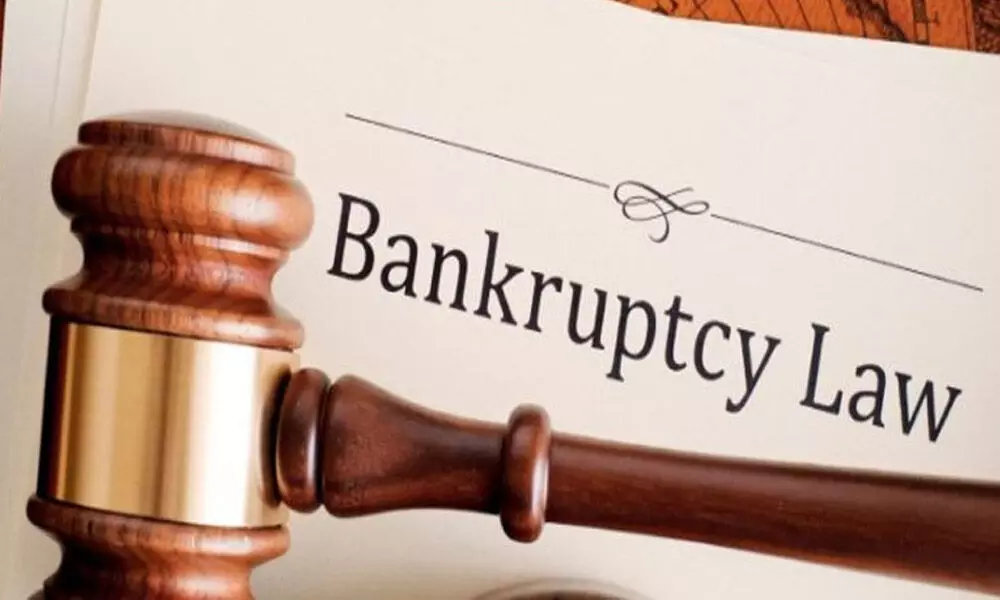Filing for bankruptcy can be a crucial step toward financial recovery, especially when debts become overwhelming. In South Carolina, understanding the process, requirements, and implications is essential for anyone considering this path.
Understanding Bankruptcy in South Carolina
Bankruptcy provides individuals and businesses with a legal avenue to eliminate or repay debts under the protection of the federal bankruptcy court. In South Carolina, the process is governed by federal law, but local rules and procedures may apply.
Types of Bankruptcy Available
There are primarily two types of bankruptcy individuals may consider:
- Chapter 7 Bankruptcy: Often referred to as “liquidation bankruptcy,” this allows individuals to discharge most unsecured debts, such as credit cards and medical bills. However, certain assets may be sold to pay creditors.
- Chapter 13 Bankruptcy: Known as “reorganization bankruptcy,” this enables individuals to create a repayment plan to pay off all or part of their debts over a three to five-year period.
Steps to File for Bankruptcy in South Carolina
- Credit Counseling: Before filing, individuals must complete a credit counseling course from an approved provider within 180 days prior to filing.
- Gather Financial Documents: Collect all necessary documents, including income statements, tax returns, debts, and asset information.
- Complete Bankruptcy Forms: Fill out the required bankruptcy petition and schedules accurately.
- File with the Bankruptcy Court: Submit the completed forms to the U.S. Bankruptcy Court for the District of South Carolina.
- Attend the 341 Meeting: Also known as the “meeting of creditors,” this is a mandatory meeting where the trustee and creditors may ask questions about your financial situation.
- Complete Debtor Education Course: After filing, individuals must complete a debtor education course before debts can be discharged.
These fees are set by the federal government and are subject to change. Additional costs may include attorney fees and credit counseling course fees.
Legal Assistance
While individuals have the right to file for bankruptcy without an attorney, it’s highly advisable to seek legal counsel. An experienced south carolina foreclosure attorney can provide guidance, ensure all paperwork is correctly filed, and represent you in hearings.
Common Mistakes to Avoid
- Failing to List All Debts: Omitting debts can lead to complications and potential dismissal of your case.
- Not Completing Required Courses: Skipping credit counseling or debtor education courses can delay or prevent discharge.
- Accumulating New Debt: Incurring new debt before filing can be seen as fraudulent and may result in dismissal.
- Ignoring Court Dates: Missing hearings or deadlines can negatively impact your case.
Conclusion
Filing bankruptcy in sc is a significant decision that requires careful consideration and adherence to legal procedures. By understanding the types of bankruptcy, following the necessary steps, and avoiding common pitfalls, individuals can navigate the process more effectively. Seeking professional legal advice is strongly recommended to ensure the best possible outcome.

